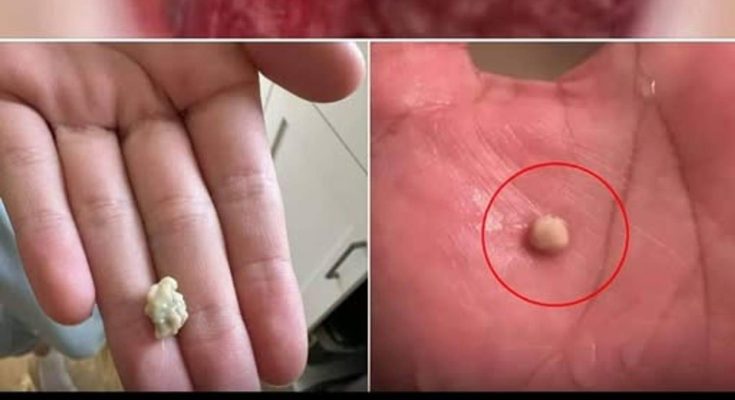Some people get tonsilloliths, which are small, whitish-yellow growths that can form in the cracks of their tonsils. They might not be a major health problem, but they can be painful and cause bad smell. This piece will talk about what causes tonsil stones, their symptoms, and the different ways they can be treated.
People get tonsil stones when bits of food get stuck in their tonsils and mix with germs and dead cells. These bits and pieces get harder over time and become small stones that a dentist or doctor can easily remove from your mouth. Tonsil stones happen most often in kids and young adults, but older people can also get them.

Tonsil stones can cause different symptoms based on where they are and how big they are. Bad breath, a sore throat, trouble swallowing, a metallic taste in the mouth, swollen tonsils, ear pain, and coughs that won’t go away are some of the most common signs. Getting a good diagnosis from a medical professional is recommended if you experience any of these signs.
Finding out that someone has tonsil stones is pretty easy. A medical professional will usually look at your medical background and do a physical exam of your throat. They may also suggest more tests, like imaging studies or a throat culture, to make sure the tonsil stones are real and rule out other problems.
Tonsil stones can be treated in different ways, based on how big and bad they are. Some tonsil stones may not need to be treated and may even fall out on their own. But if you have pain or bad breath that won’t go away, there are a few different ways to treat it. Some of these are self-removal, medicated gargles, mouth irrigators, and surgery.
Aside from medical care, there are a number of things that can be done at home to help ease the pain of tonsil stones. Some of these are gargles with saltwater or apple cider vinegar, drinking plenty of water, and brushing and flossing your teeth regularly.
You can also avoid getting tonsil stones by taking care of your teeth and gums, drinking plenty of water, not smoking or drinking alcohol, and going to the doctor regularly. Even though tonsil stones can be painful, they are usually not dangerous. If you have symptoms or bad breath that won’t go away, you should see a doctor to get a good diagnosis and the right treatment options.

